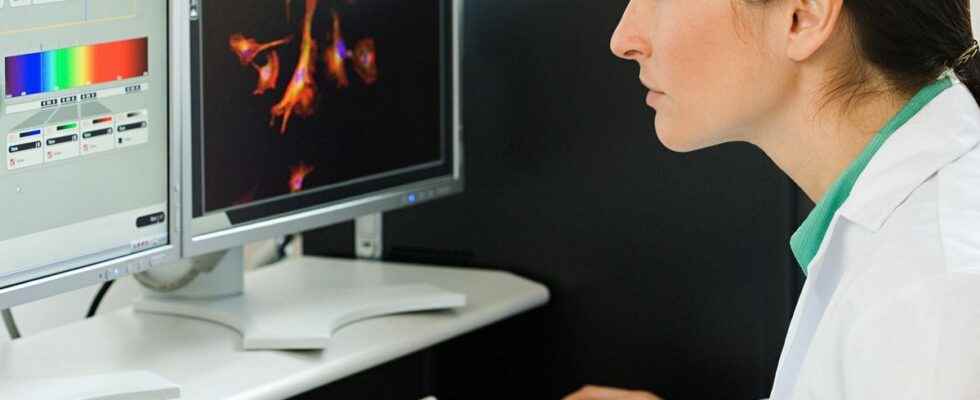Published on
Updated
Reading 2 mins.
Traumatic events related to fear are engraved in our memory, whether they date from a few months or several years. According to a study carried out by researchers at the University of California in mice, they would involve neural mechanisms, which would allow them to be stored permanently.
Memories of fear, whether distant or not, would be stored via neural circuitry. These are the conclusions of a study by scientists from the University of California.
Experiments carried out in mice
The researchers chose to work on mice. They subjected them to a stimulus of fear, in a particular context. A month later, the scientists repeated the experiment: the mice froze, which shows that they were able to recall distant memories. To go further, the authors of this work subjected the mice to the only context of fear, without stimuli. The mice also showed signs of fear, but less significant.
“We found that a small group of nerve cells or neurons within the PFC, called memory neurons, were active during the initial traumatic event and were reactivated upon remote fear memory recall.” note the authors.
A neural circuit involved
By studying their brains, the scientists noticed that the connections between memory neurons, present in the prefrontal memory circuits, were gradually strengthened over time after learning the fear. Like a vicious circle, this process helps the prefrontal circuit to permanently store remote fear memories.
“It is the prefrontal memory circuits that are progressively reinforced after traumatic events and this reinforcement plays a critical role in how fear memories mature into stabilized forms in the cerebral cortex for permanent storage” explains Jun-Hyeong Cho, associate professor of molecular sciences. cell and systems biology, who led the study.
Weaken this circuit to heal fears
Now that this study has delivered these first results, Professor Cho’s team plans to find a way to selectively weaken the prefrontal memory circuits. The objective being to determine if this gesture would make it possible to suppress the recall of memories of fear.
“Given that patients with PTSD suffer from fear memories formed in the distant past, our study provides important insight into the development of therapeutic strategies to suppress chronic fear in patients with We hope the results will help develop more effective intervention in PTSD and other fear-related disorders.“concludes the researcher.
